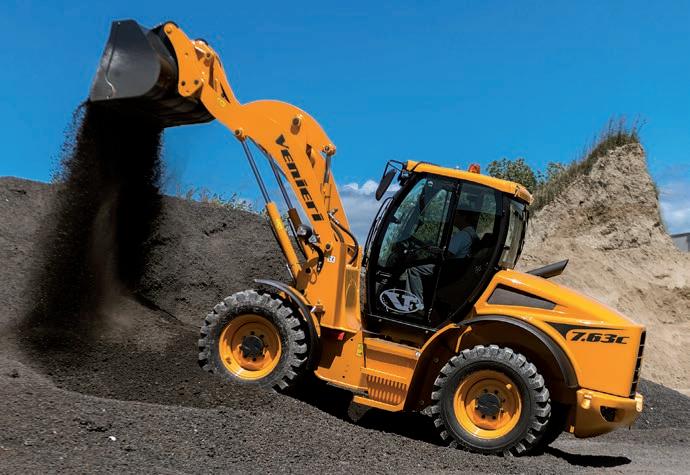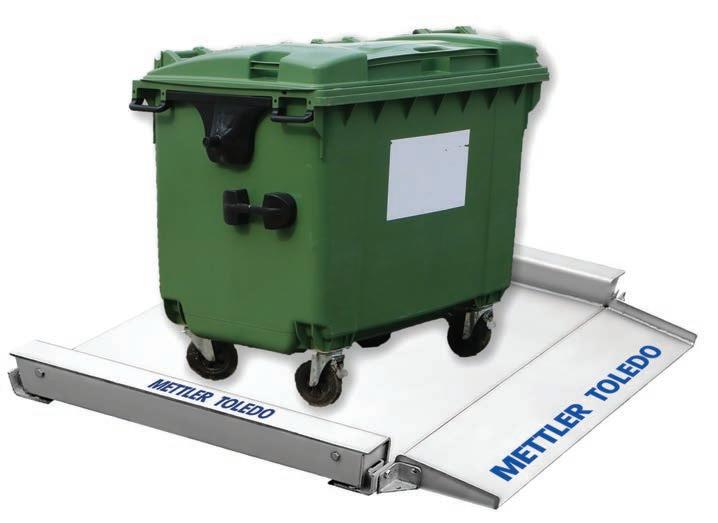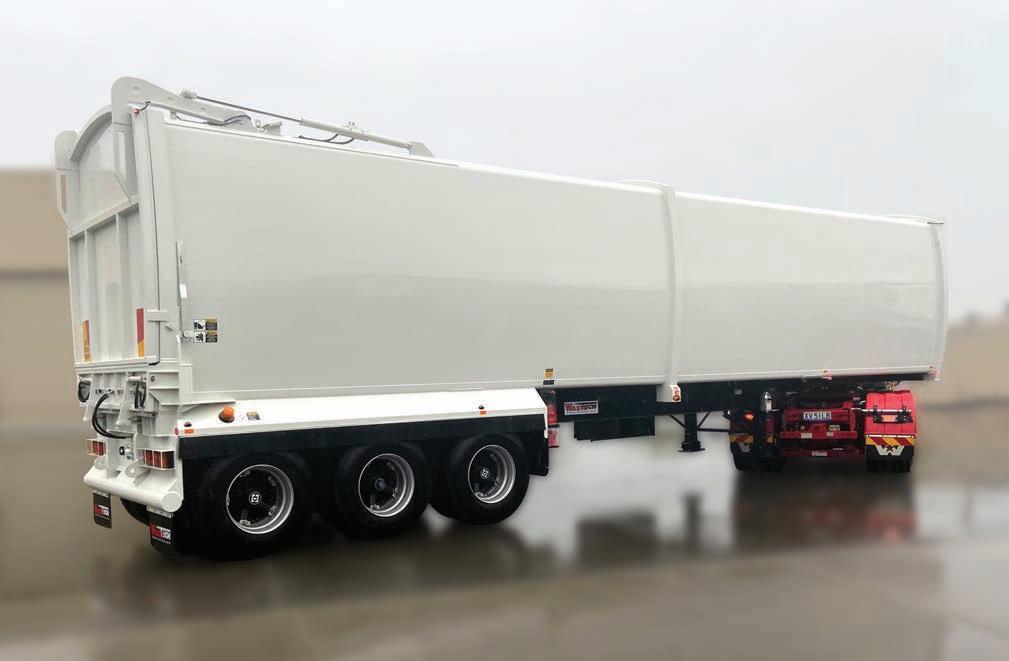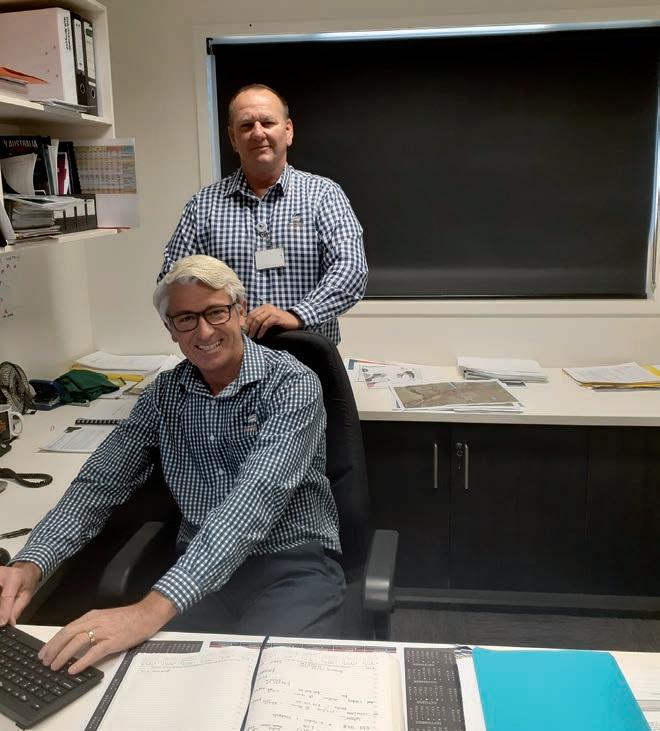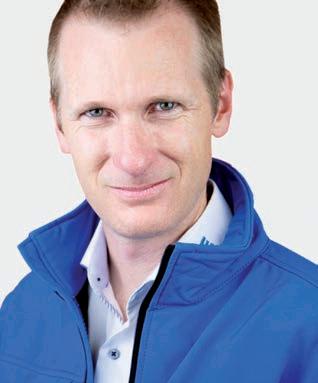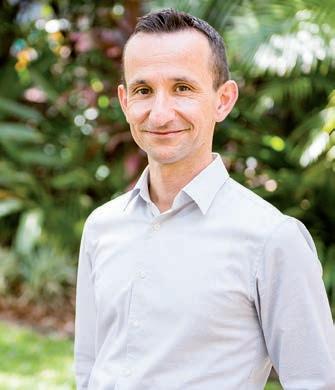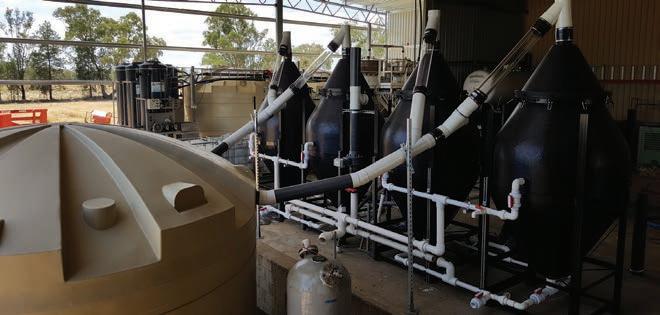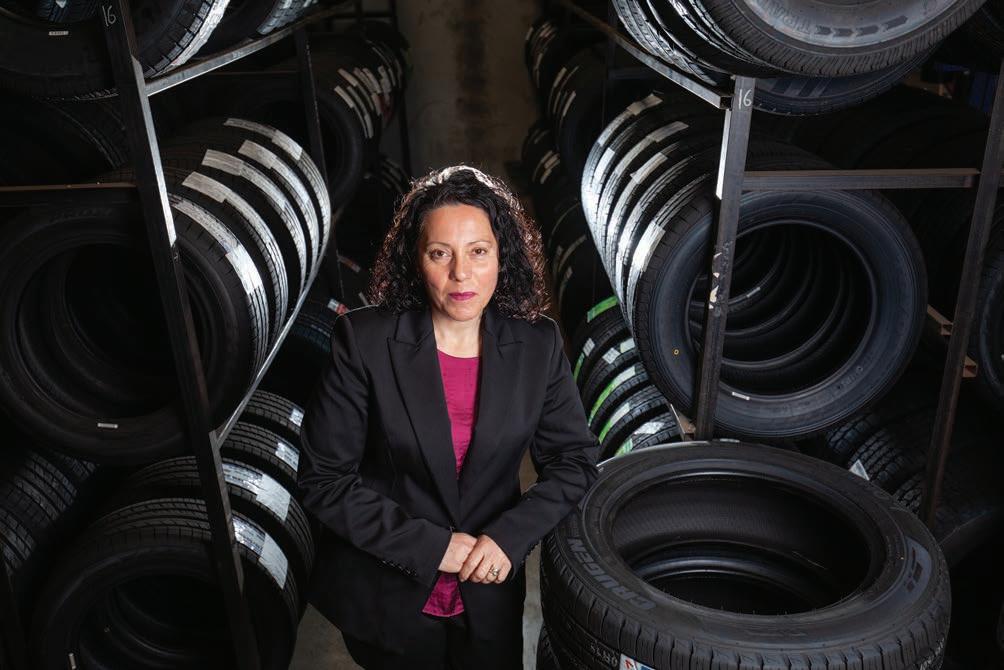FEATURED TOPIC – WASTEWATER
Washing away the plastic problem AEROFLOAT’S MICHAEL ANDERSON OUTLINES A CLOSED-LOOP WASHWATER TREATMENT SOLUTION FOR THE WATER INTENSIVE PROCESS OF PLASTICS RECYCLING.
Unlike traditional systems, the AeroDAF does not require mechanical scrapers, resulting in a compact and mechanically simple solution.
E
arlier this year, Pact Group, one of Australia’s largest rigid plastic product manufactures, announced a $500 million investment in plastics recovery. The announcement was made at the first National Plastics Summit at Parliament House, with Non-Executive Chairman Raphael Geminder highlighting the company’s vision to include 30 per cent recycled content across its product portfolio by 2025. While the commitment is noteworthy in terms of scale, it’s not the group’s first foray into plastics recycling, with Pact’s sustainability division Astron Plastics transforming millions of kilograms of plastic waste into new products each year. To maintain its operations while achieving full process sustainability, Astron recently engaged wastewater treatment specialists Aerofloat to design a washwater treatment system
22 / WMR / November 2020
at its Sydney recycling facility. According to Michael Anderson, Aerofloat General Manager Engineering, Astron needed a solution that provided lower turbidity water for washing while reducing plant and product odour. Astron also needed a bag dewatering system to allow sludge to be disposed of in a skip rather than liquid waste in an intermediate bulk container. Utilising its patented dissolved air flotation unit, Aerofloat custom designed a washwater treatment solution. The project was a success, Anderson says, with the plant meeting and exceeding specified performance criteria. He adds that prior to the plant’s commissioning, Astron transported its wastewater to another facility for processing. “The installation of our washwater treatment plant eliminated that process, with all water now treated on
site,” Anderson says. Co-founded by Anderson, his father Ray and Business Operations General Manager Katie Moore, Aerofloat has been engineering, manufacturing and constructing wastewater solutions since 2009. Offering a range of treatment systems for the food and beverage, industrial and utilities industries, Aerofloat expanded its market presence to the recycling sector in 2016, designing a wastewater treatment system for Australian Recycled Plastics. Australian Recycled Plastics’ facility is located in Narrabri, NSW, which has an average mean rainfall of 640 millimetres per year. Limited water supply paired with operational downtime and the costs associated with replacing washwater inspired the company to engage Aerofloat. Within a week of Aerofloat installing its fully automated system, odour problems at the facility where eliminated. To date, Australian Recycled Plastics has recycled one billion litres of water through the system. While wastewater might not be ones first thought at mention of plastics recycling, Anderson explains that recirculating water is used at almost every stage of the process – from sorting, shredding and washing. “Depending on the desired quality level of the plastic output, operators may continuously add fresh water into

